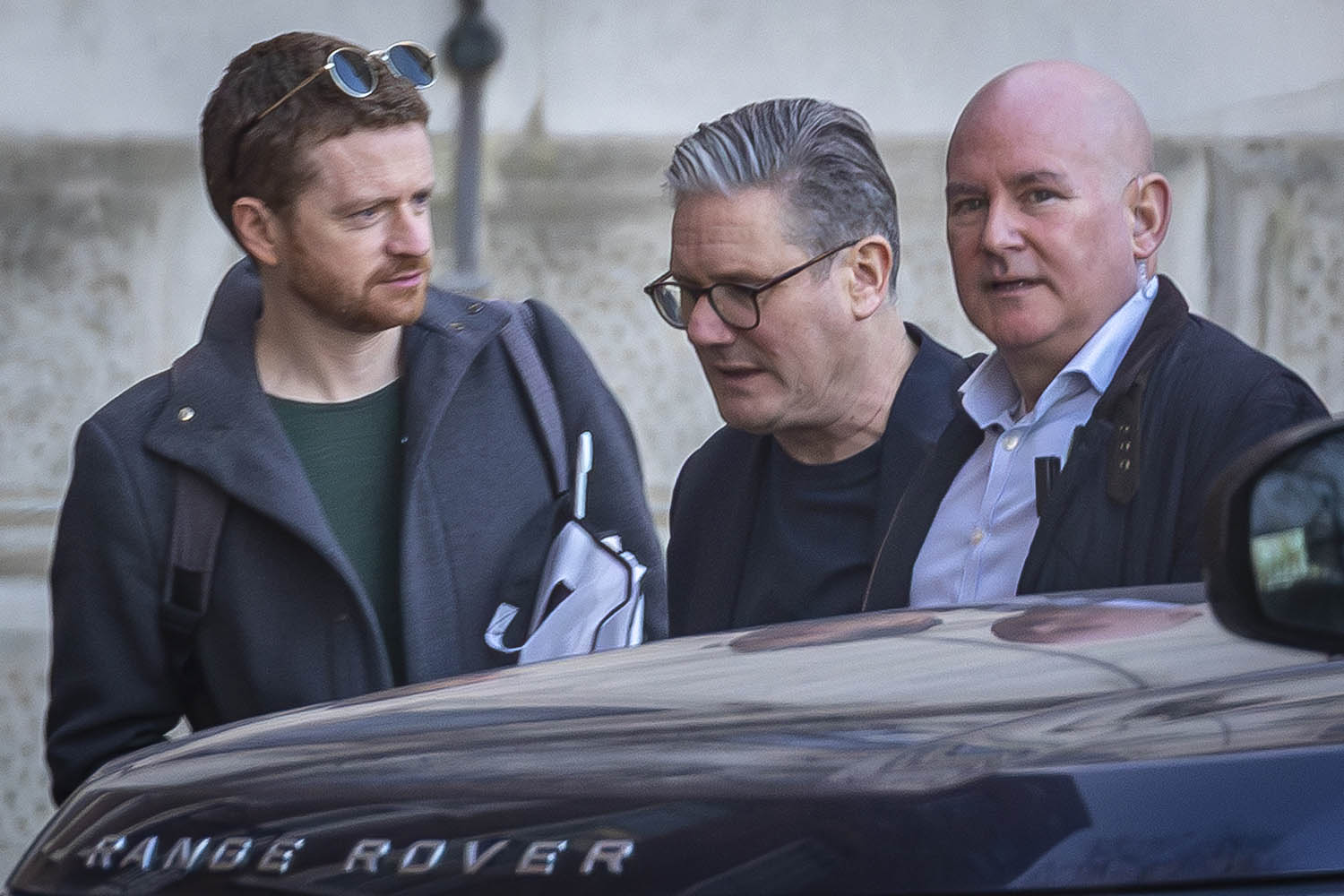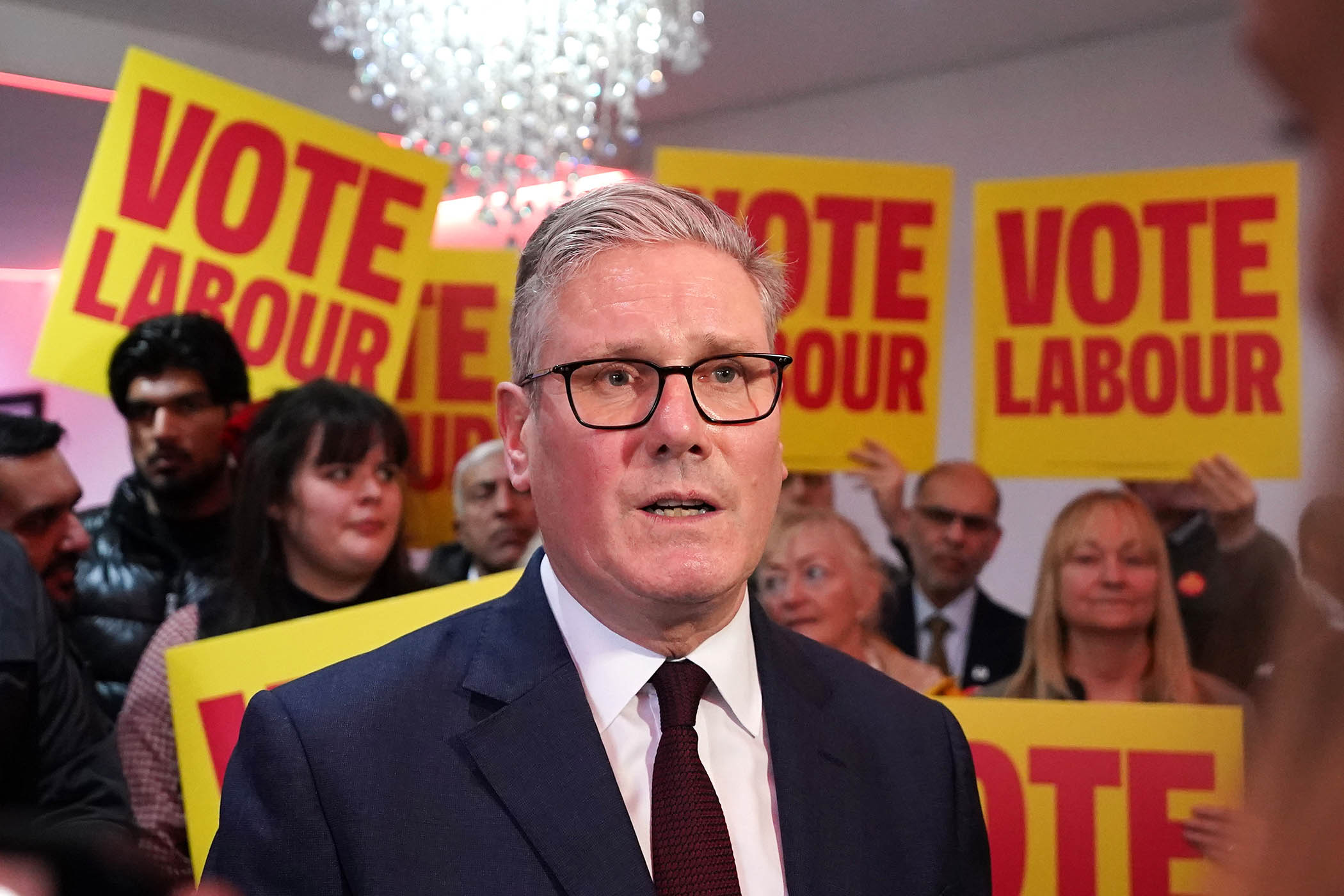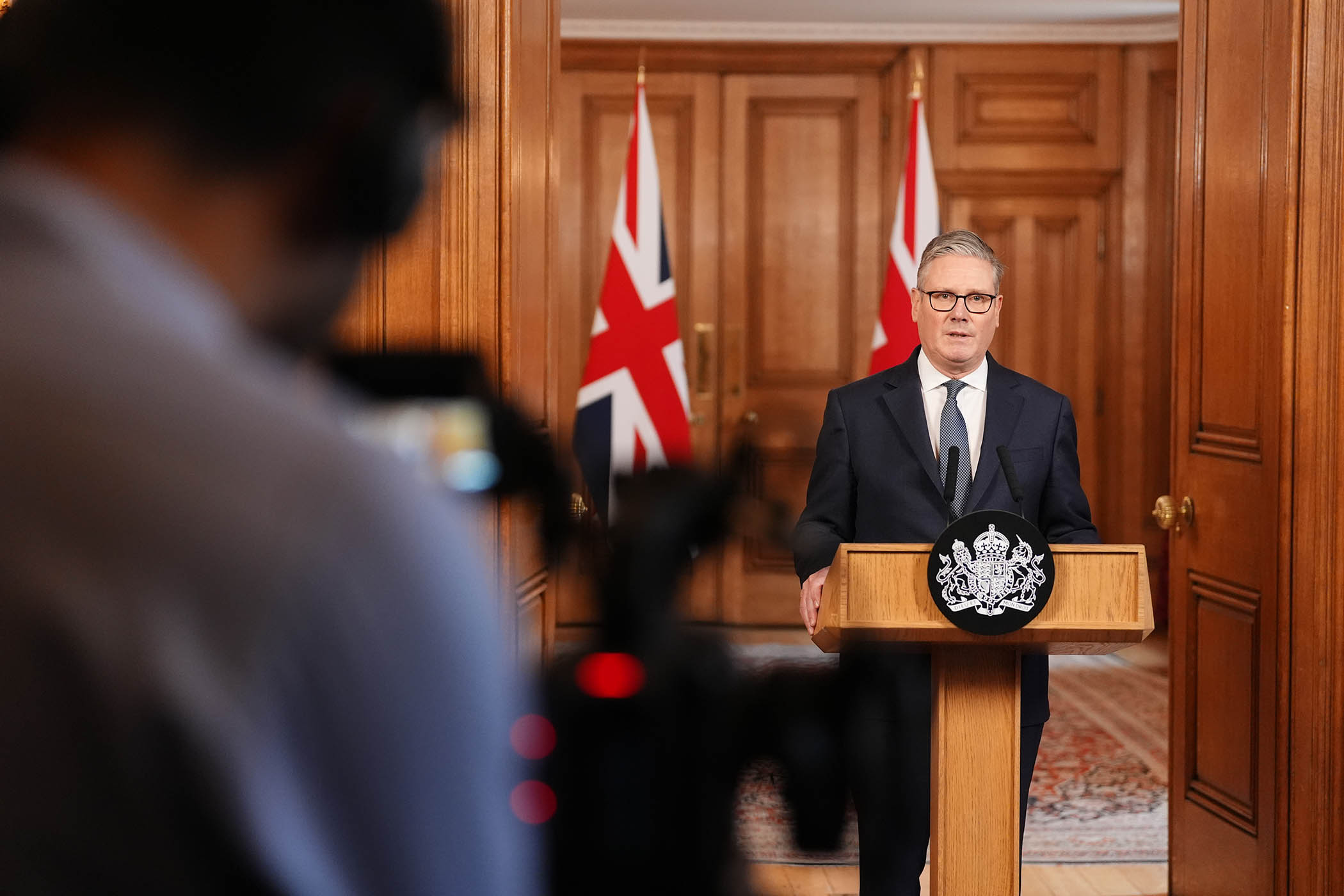Absence does not always make the heart grow fonder. Sir Keir Starmer has returned from his disrupted summer break to be greeted by Labour’s lowest rating of his premiership. At 20 points, the party is just three ahead of the wretched Tories and trails 15 behind Reform, which has dominated the news cycle during the summer recess and led every opinion poll since May. Sir Keir’s personal favourability rating is just a little better than the score held by Rishi Sunak just before he led the Conservatives to a crushing defeat without precedent in that party’s history.
The government doesn’t have to ask the public to return its verdict at the ballot box until summer 2029, but time feels a lot more pressing for Sir Keir. Angela Rayner tells colleagues that the next 12 months will be make or break for Labour. Friends of the prime minister acknowledge that his second year at Number 10 needs to see a significant improvement on the domestic front.
The majority of Labour MPs have not yet abandoned all hope, but they will return to parliament this week yearning for their leader to start providing them with more reasons to feel cheerful. One regular complaint is that the government is somehow less than the sum of its parts. Ministers are doing quite a lot of stuff that ought to be admired by people on the progressive side of the aisle and generate some appreciation among median voters. Yet the achievements they can fairly claim aren’t cutting through. That is a failure of presentation. Or the successes are eclipsed by the blunders that the government has made. That is a failure of politics.
Sir Keir’s response is to rejig the personnel at Number 10. That will be followed by a ministerial reshuffle which is expected to be concentrated on the more junior ranks. Geeky and technocratic as this may sound, a reset in Downing Street is widely held to be essential. Successful prime ministers depend on building a tightly knit team bound together by trust, discipline and shared goals. There’s general agreement among both ministers and officials that Number 10 is not performing as effectively as it could in setting the government’s aims, driving its ambitions and articulating what Labour is for.
I’ve heard persistent complaints from ministers about the team in Downing Street. “They’re very crap, on the whole,” remarks one acerbic minister. “They think they know everything when they clearly don’t, and they don’t listen.” That is too harsh. The prime minister has able and decent people around him, but it is clearly also true that he has yet to put together a fully effective core squad.
Sue Gray, his first chief of staff at Number 10, was very much Sir Keir’s personal pick and one which took aback both civil servants and politicians who had worked with her. Tasked with preparing Labour for government, she lasted just three months before being shown the door in a cloud of poisonous office politics. Morgan McSweeney, victor of that power play, is a highly rated campaigner, but it is an open question whether his skill set translates into successful policy development or personnel management. Matthew Doyle, Number 10’s first director of communications, departed in March. Now Nin Pandit is leaving the pivotal position of principal private secretary for a different role after just 10 months as the head of the prime minister’s personal office and primary gatekeeper. Baroness Minouche Shafik is to become his new chief economic adviser in the hope that the former deputy governor of the Bank of England has the credentials to be treated with respect by investors and the Treasury. The high level of churn in key positions suggests Sir Keir has a struggle deciding what he wants and who can provide it.
I’m told that he continues to vent frustration that the civil service is not delivering. At one point, he publicly let rip that “too many people in Whitehall are comfortable in the tepid bath of managed decline” only then to row back when that complaint inevitably made officials cross. He still believes the state machine is simultaneously too unwieldy, too unresponsive and too feeble. Sir Keir’s answer to that in opposition was to declare that his would be a “mission-led” government which would eschew what he berated as “sticking plaster” politics and focus on the pursuit of ambitious long-term goals. Nice idea, but it hasn’t really happened.
Downing Street seems to be massively underpowered when it comes to strategy
Downing Street seems to be massively underpowered when it comes to strategy
Downing Street seems to be massively underpowered when it comes to strategy. The intellectual architect of “mission-driven” government, Peter Hyman, didn’t accompany Sir Keir into Number 10. Ravinder Athwai, who “held the pen” when the Labour manifesto was written, initially made it to Downing Street, but has since departed. The “missions” are still officially in place, but have been downgraded. Much-vaunted “mission boards” were supposed to drive change by breaking down departmental silos and bringing in external expertise, but one person familiar with how they function describes them as “pathetically weak, weaker even than cabinet sub-committees”.
There is also persistent chuntering from within Number 10 that they are having buyer’s remorse about Sir Chris Wormald, who was made the head of the civil service back in December. Says one well-placed observer: “If reform of the state is a big theme, as it should be, he was a nutty choice. His appointment made no sense.” Detractors say he is a plodding hand-wringer rather than a radical change-maker. Perhaps that is grossly unfair to Sir Chris. But if it’s true that he’s no great reformer, it should not be a huge surprise. Of the candidates to replace Simon Case as cabinet secretary, Sir Chris, whose father was also an official, was the most civil servanty. He was again the personal pick of the prime minister. Since he was only appointed eight months ago, it would be far too embarrassing to try to remove him. So the word on the Whitehall grapevine is that Sir Keir is on a quest to appoint another senior official to Number 10 to drive his agenda. In other words, to do what he once hoped the mission boards would do.
The government is in a deep hole. Getting out of it will require a change in mindset, improved communications, much more strategic thinking and defining its purpose a lot more persuasively. A refreshed crew in the engine room of Labour’s troubled vessel may help. But responsibility for steering the ship safely past the looming icebergs belongs to the bridge. The buck stops with the captain.
Newsletters
Choose the newsletters you want to receive
View more
For information about how The Observer protects your data, read our Privacy Policy
Photograph by Marcin Nowak/LNP



